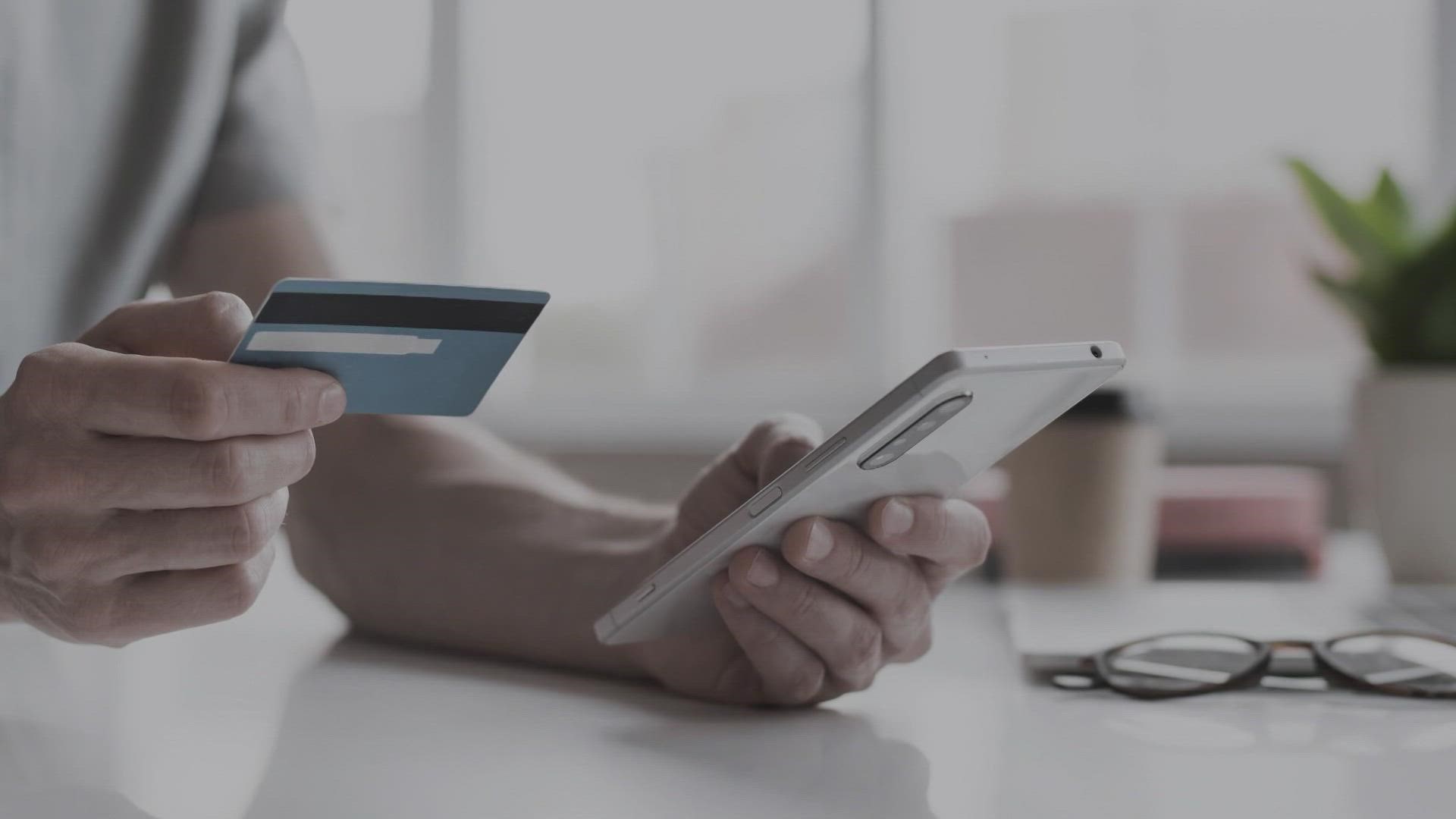SAN ANTONIO, Texas — Credit card interest rates are usually variable. So look for your interest rate to increase by July or August now that the Federal Reserve increased the interest rate, again. That means you will likely be paying $65 to $75 more on your total balance.
“These aren’t necessarily earth-shattering amounts,” said Matt Schulz, senior credit advisor with Lending Tree. “But if you have credit card debt, every increase really matters and is definitely unwelcome.”
Credit card debt can be some of the most expensive debt.
“Credit card interest rates are already ridiculously high,” Schulz said. “They’re up around 20% on average. The Fed. raising rates is not going to make things any easier for the average person with credit card debt. It’s really important if you have credit card debt to make sure that you can pay that debt down as quickly as you can. It’s certainly easier said than done, but with rampant inflation, high-interest rates, and other things going on in the economy. It’s as important as it’s ever been to get that credit card interest in that credit card debt down.”
Credit card interest rates could be up to 21% or 22% by next year. Now is the time to act so higher interest rates do not dig you deeper into debt.
Transfer your balance to a card with an introductory zero percent interest rate.
“There are plenty of 0% interest balance transfer credit cards that are out there. The average one of those gives you anywhere from 12 to 15 months without interest. That’s a really big deal,” Schulz said.
Still look to move your balance even if you do not qualify for a 0% interest rate card. Instead, find a card with lower interest than the one you currently have.
“There are lots of balance transfer cards out there,” Schulz said. “Even if you can just transfer that balance to a card with a little bit lower interest rate, that can still really add up and can reduce the amount of interest you pay and reduce the amount of time it takes to pay off that balance.”
“It is more important than even that consumers do shop around,” said Karl Eggers, a financial advisor at CAPTRUST in Boerne. “It’s going to take a little more work than it used to. Put aside the bonus points, the SkyMiles, all those perks that we’ve been accustomed to looking for when shopping for a credit card. Put those aside. Go for the cheapest rate right now if you have credit card balances because it really does snowball and it adds up.”
Make extra payments, if you can.
“That is probably the first thing you should do with extra cash is to pay that down,” Eggerss said.
“If you have a little bit of extra money to put towards your credit card, now is a really good time to do that,” Schulz said. “Because with inflation, with rising interest rates, that credit card debt is only going to get more expensive if you don’t do anything about it.”
Consider a personal loan to pay off your credit cards.
Be sure the loan has a fixed interest rate that is lower than the interest rate on your credit cards.
“Not only does it allow you to reduce your interest, but it can just help you streamline your payments overall because you could potentially consolidate several credit cards," Schulz said.
Or try this trick:
“Call your credit card issuer and ask them for a lower interest rate,” said Schulz. “Far too fewer people do it. It’s something that people may be a little nervous about or a little intimidated by, but if you pick up the phone and make that call and ask for a little bit of help, chances are pretty good that you’ll get your way.”
“That rate that they charge is not set in stone," Eggerss said. "You can also threaten you might change credit cards or pay off that balance to move somewhere else. They want you to continue to pay interest to them, so definitely negotiate that interest rate.”
Those who make that call are successful about 70% of the time according to Schulz.
Credit card debt is only going to cost you more if you do nothing.

